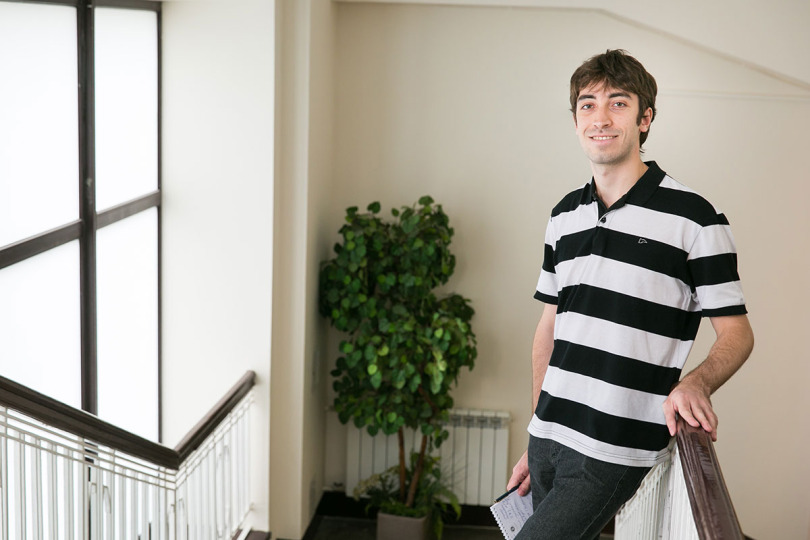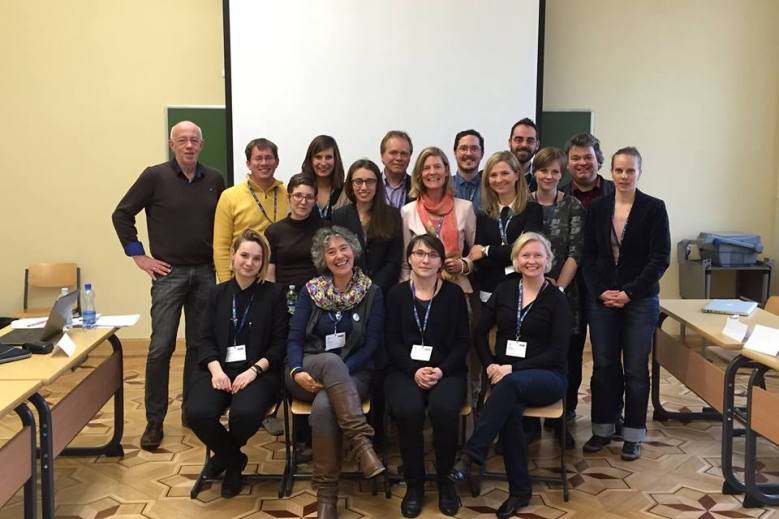Young Russians are in no hurry to start living on their own. The age of moving out from the parental home has increased from 18-20 for previous generations to 23-25 for today's youth. Instead, young people are spending more time in search of themselves and taking longer to get an education and choose a partner, according to a study by Ekaterina Mitrofanova, Junior Research Fellow at the HSE Institute of Demography, and Alina Dolgova, student at the HSE Faculty of Social Sciences.
News
On April 16-19, O. B. Khoreva, who is an Associate Professor and the Deputy Head of the School of Public Administration’s Department for Spatial Development and Regional Studies, along with V. I. Smorchkova, a Professor at the Russian Presidential Academy of National Economy and Public Administration and the head of the programme for preparing management personnel for the North and Arctic, took a trip to the Yamal-Nenets Autonomous District as part of our Macarthur Foundation Grant ‘Governance, Community and Ecology: Responding to Challenges of Resource Development in the Circumpolar North.’
HSE has entered the QS World University Rankings by Subject 2015 in the top 51-100 in Development Studies, and is the only Russian university in this category.


The European PhD in Socio Economic and Statistical Studies was initiated in 2001 by Sapienza Università di Roma. The programme is currently coordinated by Humboldt-Universität zu Berlin and brings together seven universities, including the University of Haifa, the University of Southampton and the University of Tampere.
These results were obtained in a nationwide survey of 1,500 Russians over 18 years of age as part of a Monitoring the Status of Civil Society study conducted by the HSE Centre for Studies of Civil Society and Nonprofit Sector.
On April 13-17, the HSE Public Policy Department will host a series of lectures by Professor Philippe Zittoun, an internationally recognized expert in policymaking and policy research. He is currently Research Professor in Political Science, University of Lyon (LET-ENTPE); Research Fellow at PACTE, Science Po Grenoble; and Vice-Chair of the Research Committee "Public Policy and Administration" of IPSA. He was a Visiting Professor at Yale University in 2010.

HSE's publishing house has published the Russian version of the Oxford University Press textbook 'Democratization' edited by Christian Haerpfer, Patrick Bernhagen, Ronald Inglehart and Christian Welzel.

